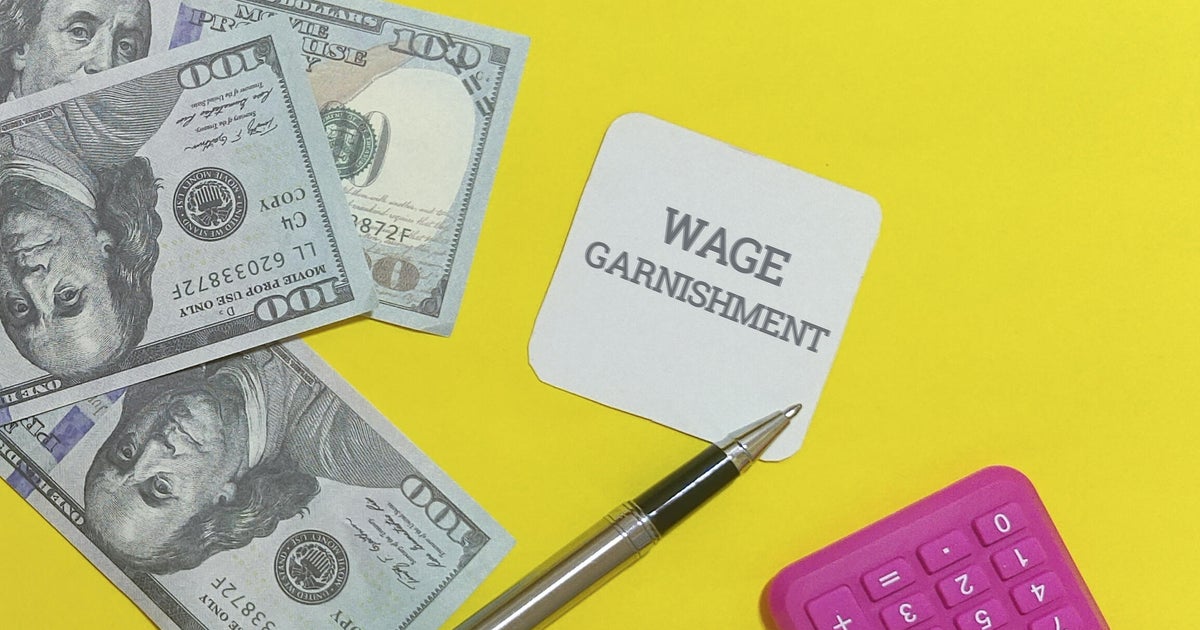Worker wages drop while companies spend billions to boost stocks
Six months after the Tax Cut and Jobs Act became law, there's still little evidence that the average job holder is feeling the benefit.
Worker pay in the second quarter dropped nearly one percent below its first-quarter level, according to the PayScale Index, one measure of worker pay. When accounting for inflation, the drop is even steeper. Year-over-year, rising prices have eaten up still-modest pay gains for many workers, with the result that real wages fell 1.4 percent from the prior year, according to PayScale. The drop was broad, with 80 percent of industries and two-thirds of metro areas affected.
"Now, economic confidence has been good, we're in a strong economy, GDP is growing, but the question has been, where's the paycheck?" said Katie Bardaro, vice president of data analytics at PayScale.
The answer is, largely, in the companies' coffers. Businesses are spending nearly $700 billion on repurchasing their own stock so far this year, according to research from TrimTabs. Corporations set a record in Q2, announcing $433 billion worth of buybacks — nearly doubling the previous record, which was set in Q1.
When a company buys back some of its outstanding shares, the effect is usually to boost the value of the rest of its stock, sometimes making the company appear more valuable on paper. Because many senior executives are paid in company shares, buybacks temporarily boost their pay (as well as other shareholders' portfolios), sometimes at the expense of investments in infrastructure or workers.
The popularity of stock buybacks in the wake of the corporate tax cuts has drawn lawmakers' attention. A group of senators wrote to the SEC late last month, asking the agency to review the rules around buybacks. "The explosion of stock buybacks has funneled corporate profits to wealthy shareholders and corporate executives instead of workers and long-term investments that spur sustained economic growth," they wrote.
The money that has trickled down to workers this year hasn't been permanent, PayScale found. "One of the things we saw is firms are leaning more toward giving bonuses rather than straight pay increases," said Bardaro. "It's flashy, it makes you feel good, but it then doesn't stick around and compound year over year."
Some economists have cautioned against judging the tax cuts too quickly, saying it could take up to four years before their full effects are felt. But for the executives in the top sliver of earners, the windfall has already been record-setting.



